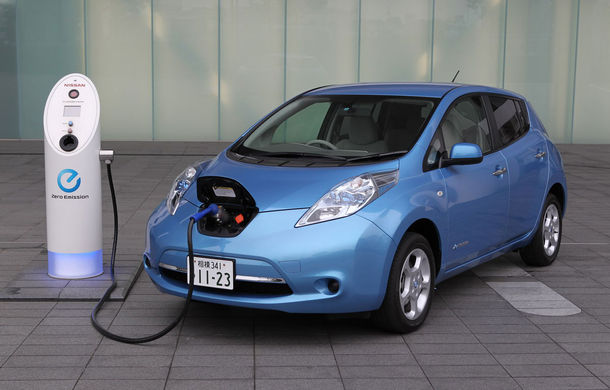11 Dec 2024

Tired Earth
By The Editorial Board

With more and more of the world’s population living in cities, we need to get urban transport right. That means making sure that people and goods can move around easily and cheaply. It also means ensuring that city transport systems don’t damage people’s health, as diesel and to a lesser extent petrol are currently doing in London and other UK cities.
Air pollution in our cities regularly contravenes EU limits. London breached its annual air pollution limit for 2017 in just five days. Decreasing vehicle emissions while maintaining or improving commuter journeys is a complex challenge and decisions made today about our transport systems will influence generations to come.
The government set out its plans to tackle the problem last week. The main plank of its strategy is a commitment to ban the sale of new diesel and petrol cars and vans by 2040. The ambition to switch to electric vehicles is a signal for real change and is the direction we need to go, despite the associated upheaval and challenges in the form of extending battery range and life, ensuring adequate and conveniently positioned charging stations, generating enough clean electricity and overcoming the general lack of knowledge about the cost and convenience of owning an electric vehicle.
The government’s plan, however, does not go nearly far enough. Our cities need fewer cars, not just cleaner cars. One issue is that electric vehicles will not sufficiently reduce particulate matter (PM), the other toxic pollutant emitted by road transport. This is because PM components include not only engine emissions, but also a contribution from brake and tyre wear and road surface abrasion. Governments don’t currently pay much attention to PM, but it is in fact highly polluting, with strong links to cardiopulmonary toxicity.
As London continues to grow in size and population, even zero-emission vehicles are not the complete answer to poor air quality. The capital’s population grew at twice the rate of the UK as a whole between 2011 and 2015. The safe and efficient movement of people around the city can only be achieved through a clean and expanded mass transit system served by buses, overground trains and the underground system - and as much active transport in the form of walking and cycling as is feasibly possible. We need to give people more and easier options to get about without necessarily owning a car and using it for short journeys.
Encouragingly, attitudes toward car ownership do appear to be changing. Younger Londoners are increasingly replacing little-used vehicles with car club membership and ride-sharing apps. But moving toward such an overhaul in our capital’s transport system and public mindset depends on continued and exacting scientific research and its translation into realistic and effective policies. We must also champion the value of exercise and continue to make public transport the convenient option.
Nearly two-thirds of the world’s population will live in urban areas by 2050. How we manage and plan for growing urbanisation will be key to so many global aspirations from improving air quality and human health, maintaining economic success and combatting climate change. If cities everywhere should be promoting healthier and non-polluting transport policies, it is particularly important that London does. The city is hugely influential. Where it leads, others will follow.
Frank Kelly is professor of environmental health at Kings College London, chair of the government advisory committee on the medical effects of air pollutants and a member of the Centre for London’s commission on the future of the capital’s roads and streets.
Source : www.theguardian.com
Comment